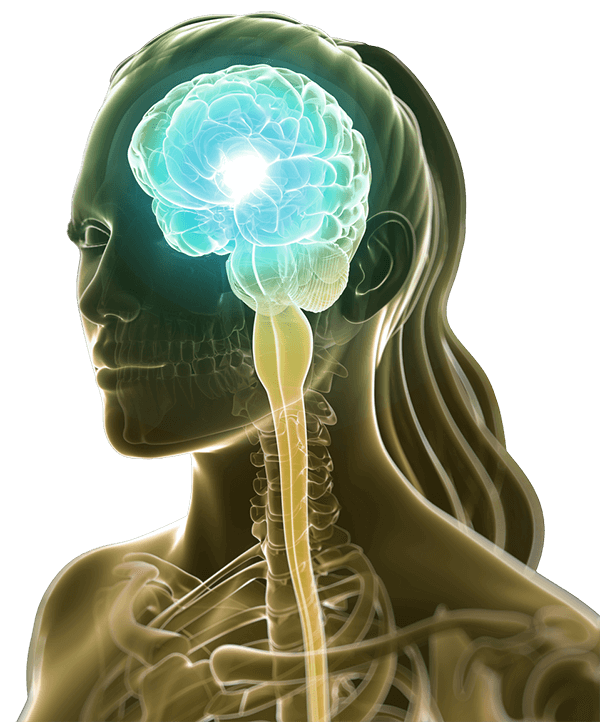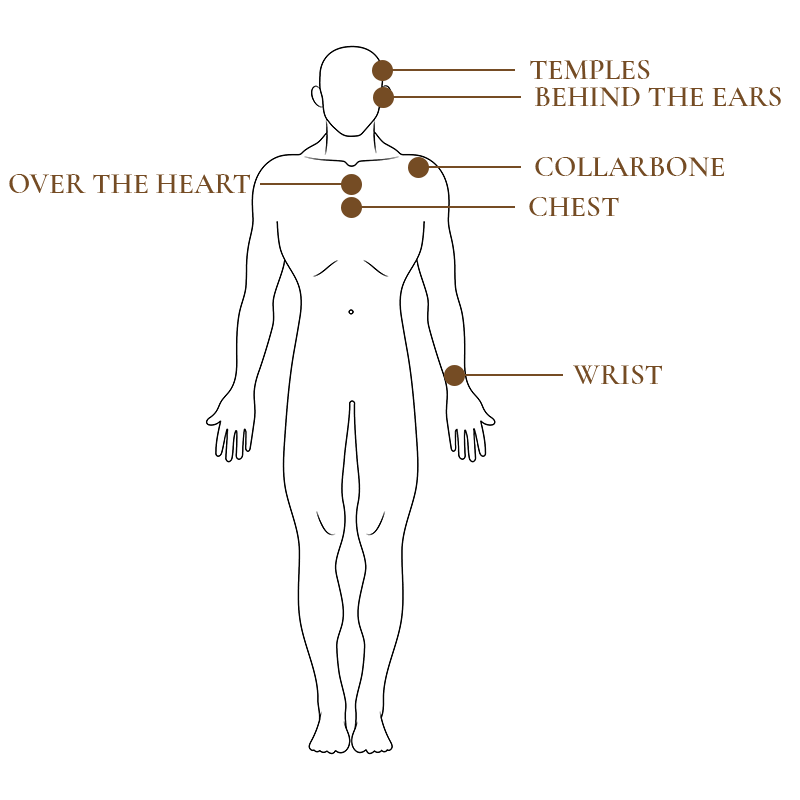Life's challenges, from emotional turmoil to physical trauma, can leave lasting imprints on our brain's delicate structure. While we often associate brain damage with external injuries, it's essential to recognize the profound impact of internal struggles like anxiety and stress.
Anxiety and stress aren't merely fleeting emotions; they're physiological responses that can reshape the brain over time. Chronic stress, in particular, floods the brain with cortisol, a stress hormone that can impair cognitive function and shrink the hippocampus, the region responsible for memory and learning.
Moreover, anxiety disorders can hijack neural pathways, altering neurotransmitter levels and triggering hyperactivity in the amygdala, the brain's fear center. This hyperactivity not only perpetuates feelings of anxiety but can also compromise decision-making and emotional regulation.
In addition to the internal battles we face, external injuries pose a significant threat to brain health. Traumatic brain injuries (TBIs) can result from accidents, falls, or sports-related incidents, causing structural damage and disrupting neural connections.
The consequences of TBI can vary widely, from mild cognitive impairments to profound changes in personality and behavior. In severe cases, TBIs can lead to long-term disabilities and significantly impact quality of life.
Despite the daunting challenges posed by brain damage, there is hope for recovery and resilience. Advances in neuroplasticity research have revealed the brain's remarkable ability to adapt and rewire itself, even in the face of adversity.















































